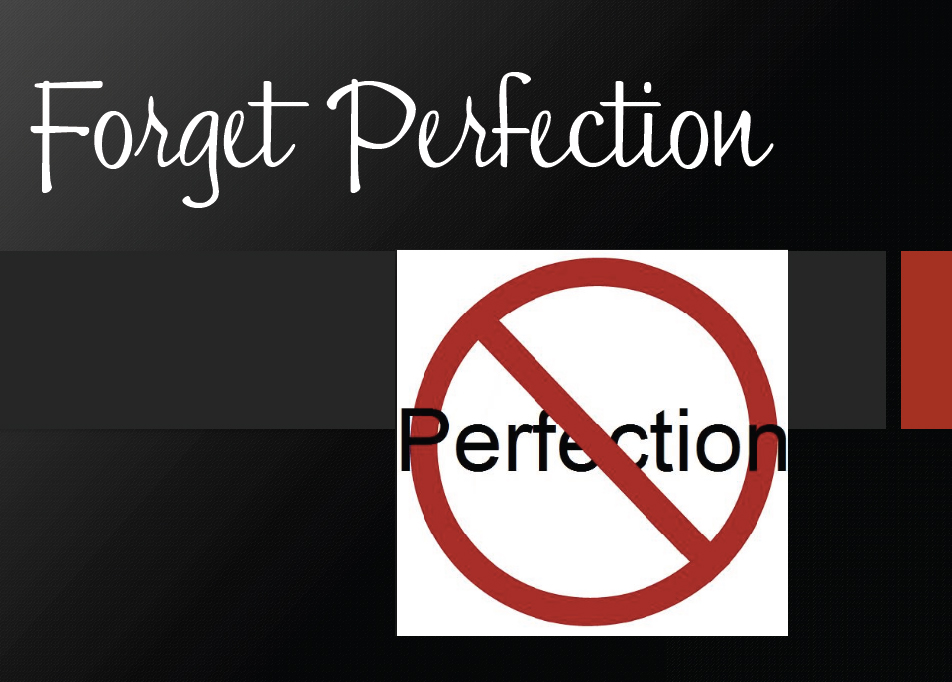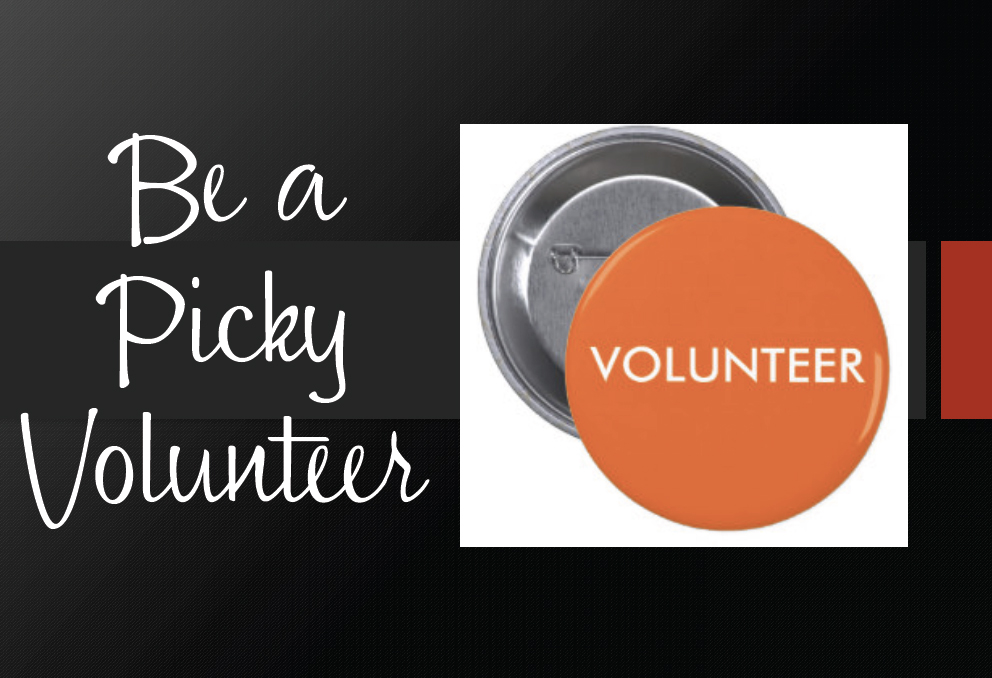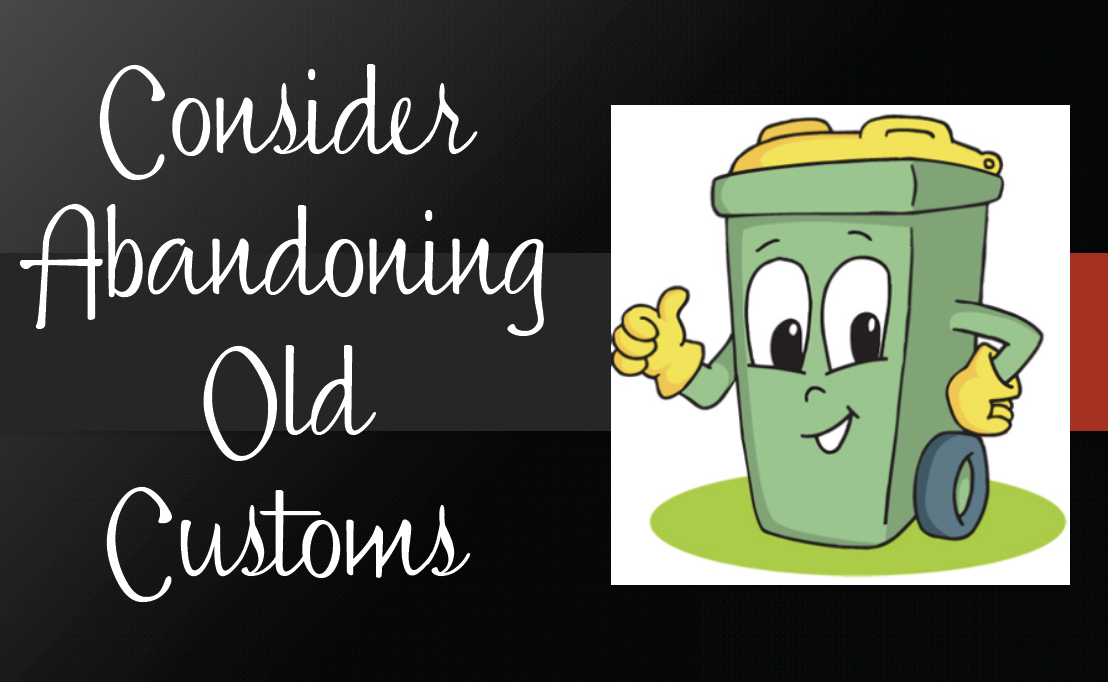 Q: I went to a member of my religious clergy six month ago to discuss some addiction and depression issues I am having. I spoke to him again this past Sunday and told him that I hadn’t made any progress. He told me that all the answers lie within our religion and I must not be utilizing them the way I should or could. He said that continuing to fast, pray, attend church, and read scriptures were the building blocks that I could rely on. His advice was to recommit and “press forward” and we’d checkup in another 6 months. When I left his office, I felt horrible and discouraged. My gut is telling me that I am in need of some professional help. Would I be a good candidate for counseling?
Q: I went to a member of my religious clergy six month ago to discuss some addiction and depression issues I am having. I spoke to him again this past Sunday and told him that I hadn’t made any progress. He told me that all the answers lie within our religion and I must not be utilizing them the way I should or could. He said that continuing to fast, pray, attend church, and read scriptures were the building blocks that I could rely on. His advice was to recommit and “press forward” and we’d checkup in another 6 months. When I left his office, I felt horrible and discouraged. My gut is telling me that I am in need of some professional help. Would I be a good candidate for counseling?
A: What a great question!! Yes, I think you would be a good candidate for counseling. I have listed the reasons why I think counseling would help in my blog for the week. Thank you for reaching out!















 creen time” and a little more spending time outside.
creen time” and a little more spending time outside.